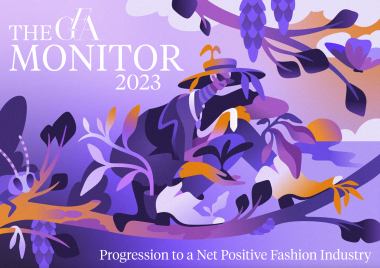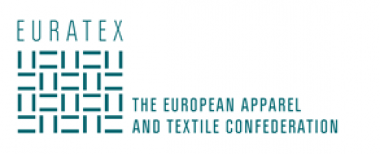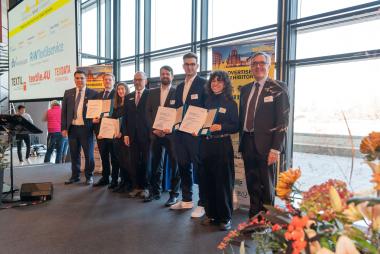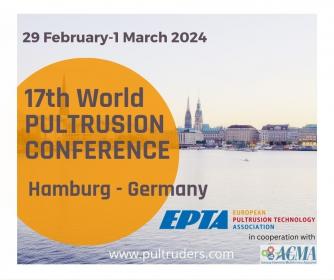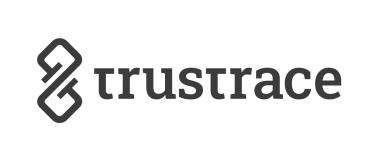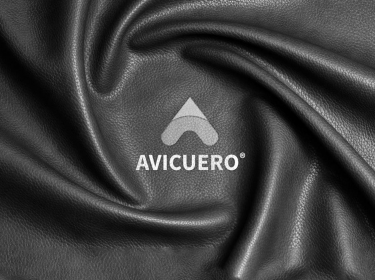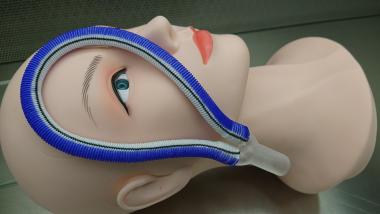SEEK and UNION Showroom present together THE JUNCTION
SEEK is not only presenting the first edition of its new chapter in January 2024 but is also welcoming a new partner on board: UNION Showroom. The new alliance from Berlin combines the strengths of both formats intending to offer buyers from all over the world an even more comprehensive experience in Germany's fashion capital.
With united forces, the two teams led by Marie-Luise Patzelt (SEEK) and Felix Engelmann (UNION Showroom) are showcasing their new project "THE JUNCTION". A selection of brands will be presented in Station Berlin's exclusive loft spaces, including Nudie Jeans, Tenue, Viberg, White Sand, Paltò, Freenote Cloth, Ootoo Boots and A New Sweden. At the same time, the lofts are the transition to the UNION Showroom, taking place at the neighbouring Kühlhaus. The collaboration embodies the idea of a cooperative platform that enables buyers to discover the best collections from both platforms.
THE JUNCTION starts simultaneously with UNION on 14.01.24 and ends with SEEK on 17.01.24.
Premium Exhibitions GmbH












